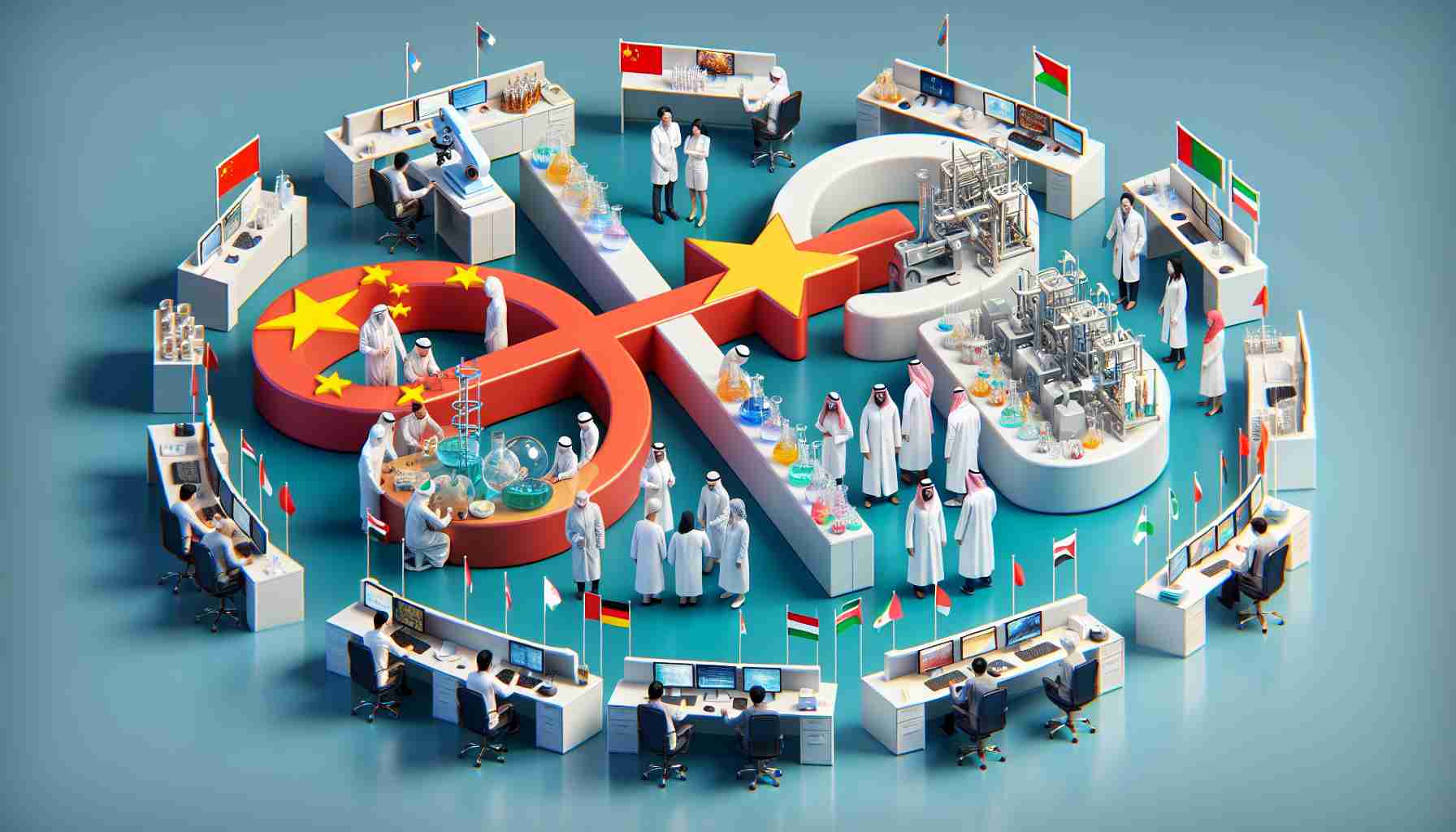Xi Jinping’s Keynote At Arab Forum Pledges Cooperation in AI and Health Sectors
Chinese President Xi Jinping made a significant commitment to deepen collaboration with Arab countries by establishing ten joint laboratories. These labs will operate within vital sectors such as health, artificial intelligence, green development, modern agriculture, space technology, and information. This pledge was made during his keynote speech at the 10th Ministerial Conference of the China-Arab Cooperation Forum.
Growth in Sino-Arab Economic Relationships
The economic relationships between China and the Middle East have experienced substantial growth, including an increase in non-oil trade and significant energy shipments. Just last year, China and Middle Eastern powerhouses such as the United Arab Emirates and Saudi Arabia arranged a currency swap deal valued at 50 billion Yuan.
Artificial Intelligence Ascends as a Pillar of Bilateral Cooperation
China’s thriving environment and success in magnetizing massive international investments on an annual basis have rendered it a significant player in AI development. In response, the Middle East’s focus on technology and innovation has attracted several Chinese AI firms seeking strategic partnerships. These collaborations aim to forge new market inroads and bolster regional influence.
Prominent Tech Company Collaborations and Investments
In the Middle East, major tech companies backed by strong government ties are leading the AI development charge. For instance, Huawei’s partnership in Bahrain with the University of Bahrain and the Sheikh Nasser Center for Research and Development in AI is a testament to the flourishing cooperation in the AI domain. Similarly, Huawei has recently launched a data center in Riyadh and pledged over $400 million in the Saudi cloud computing sector. Additionally, SenseTime is collaborating with Saudi Arabia to develop smart cities, digital tourism, and surveillance infrastructure for the billion-dollar Neom city project.
University Partnerships Strengthen Sino-Middle Eastern AI Ambitions
The foundational role of academic collaboration between China and Middle East universities is evident in the strong ties with institutions like the King Abdullah University of Science and Technology (KAUST) and the Mohamed bin Zayed University of Artificial Intelligence (MBZUAI). These partnerships are essential for advancing AI within the region.
Strategic Significance of Joint Labs:
The establishment of joint laboratories between China and Arab countries is a strategic step by China to enhance its diplomatic and economic ties, especially in sectors where there is mutual interest and potential for development. By focusing on areas like health, artificial intelligence, and green development, both regions can leverage their strengths to address common challenges.
Key Questions and Answers:
1. Why is China focusing on joint labs with Arab nations?
China is looking to diversify its global partnerships and invest in sectors that promise sustainable future growth. Collaborating with Arab nations allows for mutual benefit, knowledge exchange, and access to new markets.
2. What role does technology transfer play in Sino-Arab relations?
Technology transfer is pivotal, as it empowers Arab countries with the necessary tools and expertise to innovate and grow their own industries, while China can expand the reach of its own technological advancements.
Key Challenges and Controversies:
A significant challenge is balancing the benefits of collaboration with concerns over technological sovereignty and data security. There might be different regulations and practices around data privacy, intellectual property rights, and technology transfer that could pose hindrances to cooperation.
Advantages and Disadvantages:
The advantages of such cooperation include economic growth, improved technologies, and stronger geopolitical ties. However, some disadvantages might include potential dependence on Chinese technology, and concerns over how international collaborations could affect local industries and job markets.
To further explore global relations and economies, you may wish to visit authoritative resources such as the United Nations for a look at international partnerships or the World Trade Organization for insight into global trade relations. Please ensure any URLs used are correct and lead to the intended resource.

